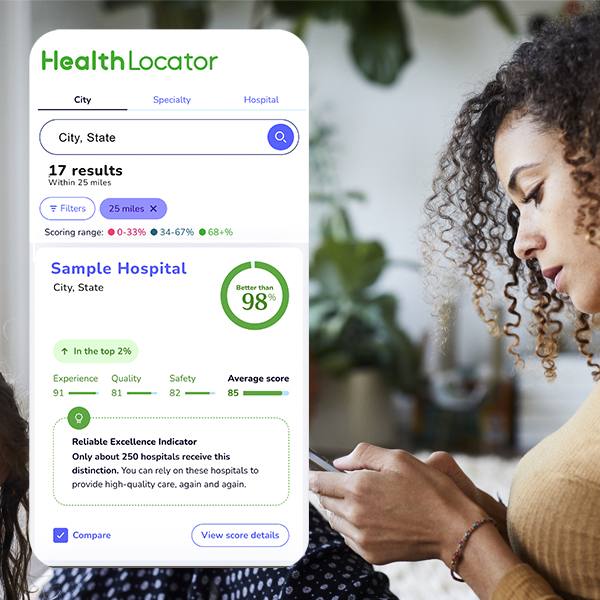-
Holidays a Time to Talk Plainly About End-of-Life Care Wishes
Mary Thelen is a registered nurse and director of Palliative and Supportive Care for Mayo Clinic Health System in northwest Wisconsin.
Let’s talk turkey. And, no, I don’t mean gobbling like that festive holiday bird. I mean use the holidays, when family members are gathered, to go beyond the “How ’bout them Packers?” discussion. Use that precious time to speak honestly and openly about your end-of-life wishes. For example:
- Would I want a feeding tube?
- Would I want to be put on a breathing machine?
- Would I want CPR if my heart or breathing stops?
- What would be important to me if my days were numbered?
“Depressing,” some people groan. “I’ll make those big decisions when the time comes.”
It’s human to want to put off thoughts of death and dying. Unfortunately, a health care crisis can happen at any time, at any age. When the unthinkable strikes — a debilitating illness, a devastating accident — families who haven’t had these discussions often are left agonizing over “what would my loved one want?”
So, turn down the volume on the game, and tell your family you want to “talk turkey,” a phrase to describe serious conversation. Give yourself and your loved ones the gift of preparation:
- Talk about your wishes with those close to you.
- Seek guidance, if desired, from your religious leader.
- Fill out an advance directive to make your wishes known.
What is an advance directive?
An advance directive is a legal form that tells your doctors what kind care you want if you are too ill to express yourself. One type of advance directive, Power of Attorney for Health Care, is preferred because it makes your care wishes known and also designates a person to make decisions for you if you are unable to speak for yourself.
Where do I find a Power of Attorney for Health Care form?
Power of Attorney Health Care is a free form, and you don’t need an attorney to fill it out. It’s readily available at your local library or online.
How do I fill out the form?
If you don’t know where to get started, don’t worry. There are plenty of resources to help you. If you find the language intimidating, don’t be afraid to ask for help from:
- Your local hospital. Spiritual care, palliative care, social services and hospice workers all can help you.
- Your county’s Aging and Disability Resource Center
When does an advance directive get used?
These forms relate to end-of-life wishes. Personal care preferences are put in motion when doctors believe a patient will not recover and the person isn’t able to express his wishes at the time.
A Power of Attorney for Health Care form gives a designated decision maker the right to make decisions. Without the form, even a spouse may need to attain legal guardianship to make health care decisions for a loved one. Going through the legal system adds time and money to an already stressful situation.
It creeps me out, but …
Tell your family: “I know this is hard to discuss.” Emphasize why it’s important: “I want to make it easier on you during a medical crisis.”
Better yet, depending on their ages, have your kids and grandkids complete an advance directive too. Anyone 18 and older needs an advance directive.
So, pass the gravy and the Power of Attorney for Health Care form.
Don’t forget the turkey. Talking about what’s important at the end of life is one of the most meaningful gifts we can give each other.








